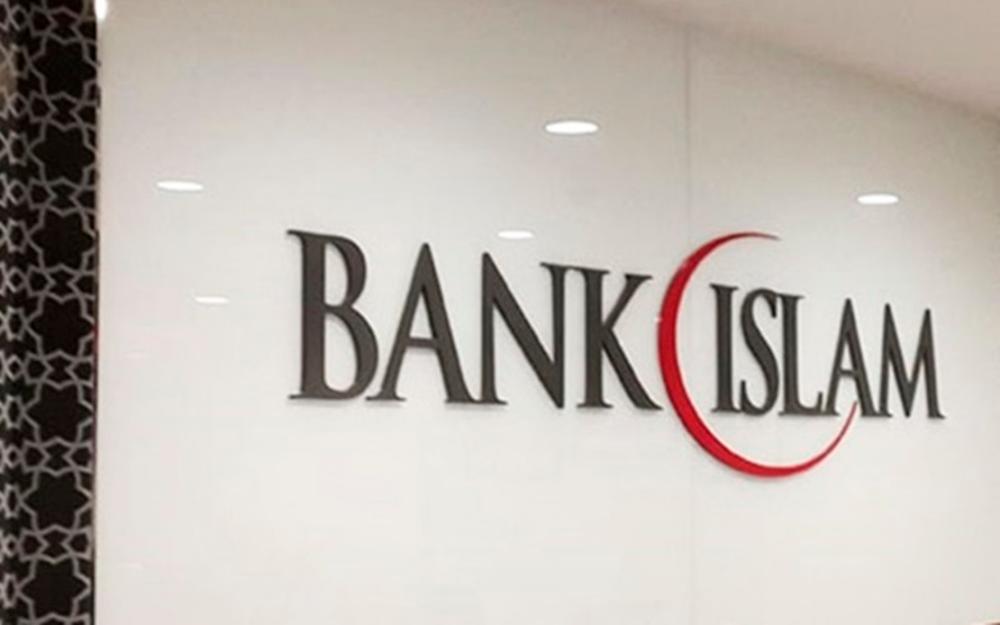PETALING JAYA: Using Islamic social finance allows financial institutions (FIs), particularly Bank Islam Malaysia Bhd, to offer financing facilities to micro small medium enterprises (MSMEs) in a more feasible way.
In the context of Bank Islam, social finance is an approach to strategically offer banking products, services and initiatives, beyond traditional banking, which deliver social impact and economic returns to nurture the unbankable to become bankable.
Bank Islam Malaysia Bhd CEO Muazzam Mohamed said MSMEs typically lack a credit track record, are in a weak financial position and have an informal business structure, which translates to high credit risk. This perceived credit risk and vulnerability may not correspond with the FIs’ appetite on the funding side.
“In Malaysia, financing to MSMEs is not mainstream yet. It does exist, but for MSMEs to do a lot more – there’s a limitation because of their scale,“ he said at a webinar “Responding to Covid-19: How Islamic finance can help” yesterday.
He said the challenges for traditional FIs to assist MSMEs are mainly funding mismatch, credit risk and impact.
He said traditional FIs are funded by rate-seeking funding sources – depositors and shareholders and this requires optimum return on deposits and investments. Depositors for traditional FIs also requires guarantee/protections on their deposits and placements (principal amount).
FIs’ risk management practices are built around upholding the higher objective of protecting depositors monies. Due to weak credits and lack of collaterals, micro credit financing attracts high borrowing rates.
On the other hand, the challenges for non-commercial micro FIs are mainly on trust and impact.
These include a lack of transparency on utilisation of donation towards recipients; lack of regulation and supervision of micro FIs; traceability of source of funding; irregular/inconsistent flow for source of funding (mainly from donations); limited management capacity and operational efficiency in micro FIs; higher proportion of funding channeled towards operational costs vis-a-vis towards recipients; as well as limited capability for savings and deposits.
“When you operate small, you don’t have economies of scale and the cost of fund levied on your borrower becomes higher. It’s not to say that micro financing facility is not given to MSMES in Malaysia but it comes at a high cost. That’s prevalent.
“For us, in order to help MSMEs to get back and operate again after Covid-19, we need to ensure that we can provide these facilities to them at a much cheaper or lower rate. Using the mechanism of social finance is still not going to be free, but it’s going to be so much cheaper than using the traditional mode,“ Muazzam explained.
He said Bank Islam is able to mobilise funds using zakat sources that make it feasible for traditional FIs to offer financing to smaller enterpreneurs that previously were considered underserved and unbankable. In addition, other social finance methods like waqf and sadaqa also help in this cause.
“For example, instead of using depositors’ fund, we pull money using sadaqa sources such as from donations, collections, our own charity sources and crowdfunding platform,” said Muazzam.
Meanwhile, United Nations Development Programme senior adviser Aamir A Rehman said Islamic finance modes – and especially Islamic social finance – are highly relevant in many contexts, especially when Malaysia’s market share of Islamic banking is in the excess of 25% and over 90% of Muslims in the country engage in zakat.
He said zakat agencies can adopt a structured approach to Sustainable Development Goals (SDG) alighment and Covid-19 impact, while banks, investors and other financiers can likewise optimise their SDG impact.
He explained that sukuk and waqf can provide longer-term financing and enhance resilience, and their issuances can be linked to specific SDGs and Covid-19 recovery outcomes. The social impact orientation can broaden the base of participants globally and waqf structures can be used for social infrastructure necessary to enhance long-term resilience.










